Hello and happy Saturday. The Ohio bureau was closed on Thursday and Friday this week so that I could indulge in a little March Madness. Wings were eaten, brackets were busted, and I’d never been more grateful for the feature on YouTubeTV that lets you watch four games at once. But my playing hooky doesn’t mean the news stopped.
Earlier this month, the Trump administration announced it was canceling $400 million in funding to Columbia University because of the university’s failure to quell antisemitism on campus, and gave the school a list of demands to have the funding restored: banning masks at protests, hiring more security, and placing its Middle Eastern, South Asian and African Studies Department under receivership. On Friday, the school agreed to most of the demands.
On Thursday, we published a Dispatch Debate on the topic. Yale law professor Keith Whittington argued that the move is a threat to academic freedom. He notes that the administration bypassed normal procedures—a written report to Congress and a full hearing—before cutting off the funding. And he called out the shortsightedness of the policy.
If the Trump administration can encroach on the heart of institutional academic freedom at Columbia through the threat of withholding federal funds, a future Congress could simply use its regulatory authority to direct Hillsdale College to adopt protest policies more to its liking or reconstitute its School of Statesmanship or School of Classical Education to the satisfaction of an Elizabeth Warren administration. Perhaps the Middle East Studies department at Columbia should be reformed, and perhaps the Trump administration would prefer not to award research grants to that department given its scholarly activities, but what ideas Columbia wants to teach, how it wants to teach them, and to whom it wants to teach them are decisions for Columbia itself to make. If the federal government can tell private universities which academic departments they are allowed to have and in what form, then the scope of scholarly inquiry in the United States is in grave danger.
On the other hand, Manhattan Institute fellow Charles Fain Lehman argued that Columbia has denied students their own academic freedom for too long, writing, “Law-abiding Columbians have been forced off campus, while Jewish students have been threatened on campus and assaulted in the surrounding neighborhood.”
The ideal of academic freedom requires order and safety—not safety from “dangerous ideas,” but from actual violence. Free speech on campus is only possible if students do not have to fear that their dissenting views will be met with threats. And it is only possible if they can participate in classes or enter buildings without intimidation or disruption—otherwise, discourse is not possible.
Columbia’s failure to deter its civil terrorists is what has necessitated the Trump administration’s actions.
Columbia is not the only university struggling with losing funding. While the school was targeted specifically for its alleged civil rights violations, plenty of other schools have been hit hard by the Trump administration’s decision to pause grant-review meetings by the National Institutes of Health and the NIH’s decision to limit the amount of money disbursed to cover indirect costs associated with research.
On Friday, Grayson Logue reported on how researchers are scrambling to continue their work. He talked to Anne Cohen of the Alzheimer’s Disease Research Center at the University of Pittsburgh; Jeremy Berg, an associate senior vice chancellor at the University of Pittsburgh Medical School; and Evan Morris, a radiology and biomedical imaging professor at Yale School of Medicine about how their work has been disrupted. Grayson writes:
Research universities across the country are slashing their graduate student admissions in reaction to both the funding delay and the uncertainty around future federal support with the administration’s move to cap indirect costs. Last week, the University of Massachusetts Chan Medical School announced it would rescind all admissions offers to its biomedical science doctoral program for the 2025-26 academic year. Cohen told The Dispatch one of her biggest concerns is the harm that could be done to the next generation of Alzheimer’s researchers as early-career scientists, many of whom have had their first grant submissions bogged down by the delay, are now considering leaving the research sector. “It’s going to be a huge loss to science to see these folks go do other things,” she said. “I’m sure they will be fantastic at those other things, but it will be a loss to our field.”
There’s a lot more basketball to watch, so I’ll leave you with some other pieces you might have missed this week. Thanks for reading and have a great weekend.

Elon Musk’s IQ Is Irrelevant

Dashed Hopes of Common Sense

The Fake False Dilemmas of Early Parenting

Do You Even Empire, Bro?
Best of the Rest
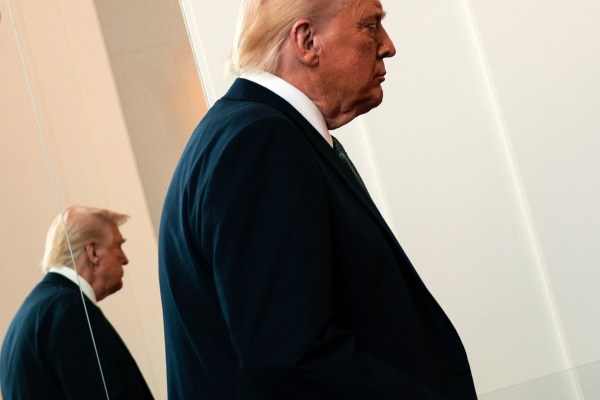
The Good, the Bad, and the Ugly

Deportations Raise the Specter of a Constitutional Crisis


The Hurt We Carry
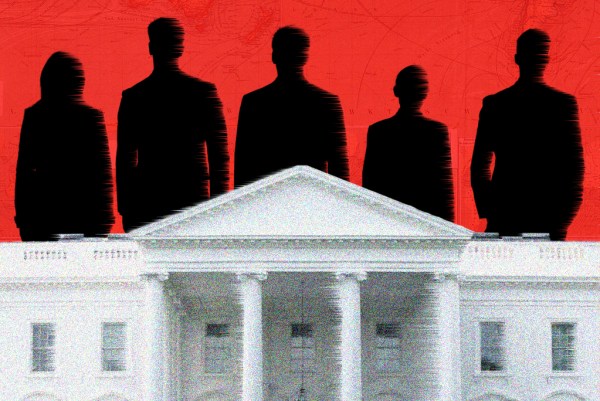
The New Deep State

Abundance About-Face




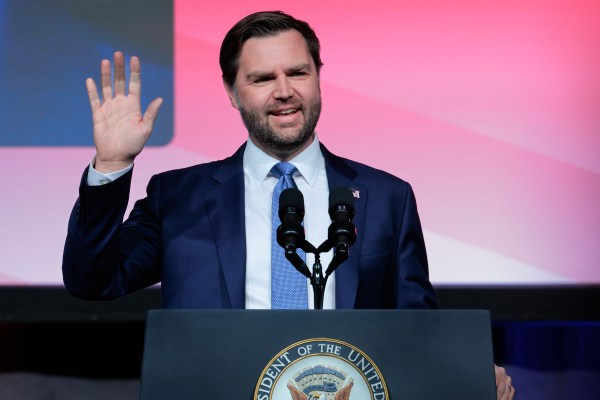
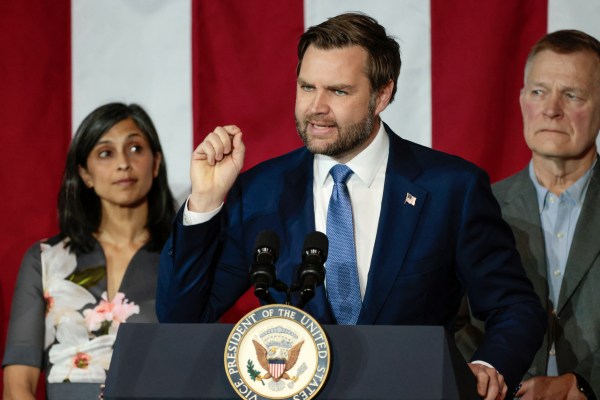


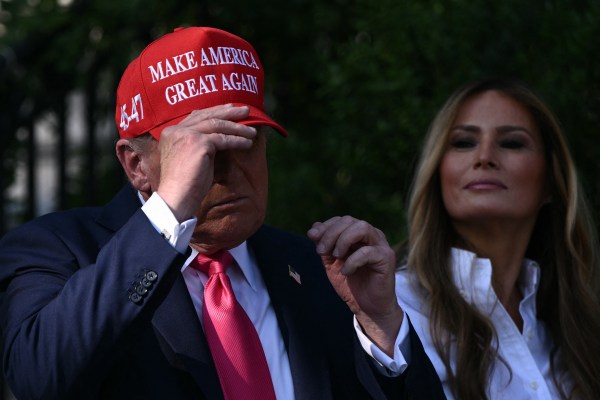

Please note that we at The Dispatch hold ourselves, our work, and our commenters to a higher standard than other places on the internet. We welcome comments that foster genuine debate or discussion—including comments critical of us or our work—but responses that include ad hominem attacks on fellow Dispatch members or are intended to stoke fear and anger may be moderated.
With your membership, you only have the ability to comment on The Morning Dispatch articles. Consider upgrading to join the conversation everywhere.